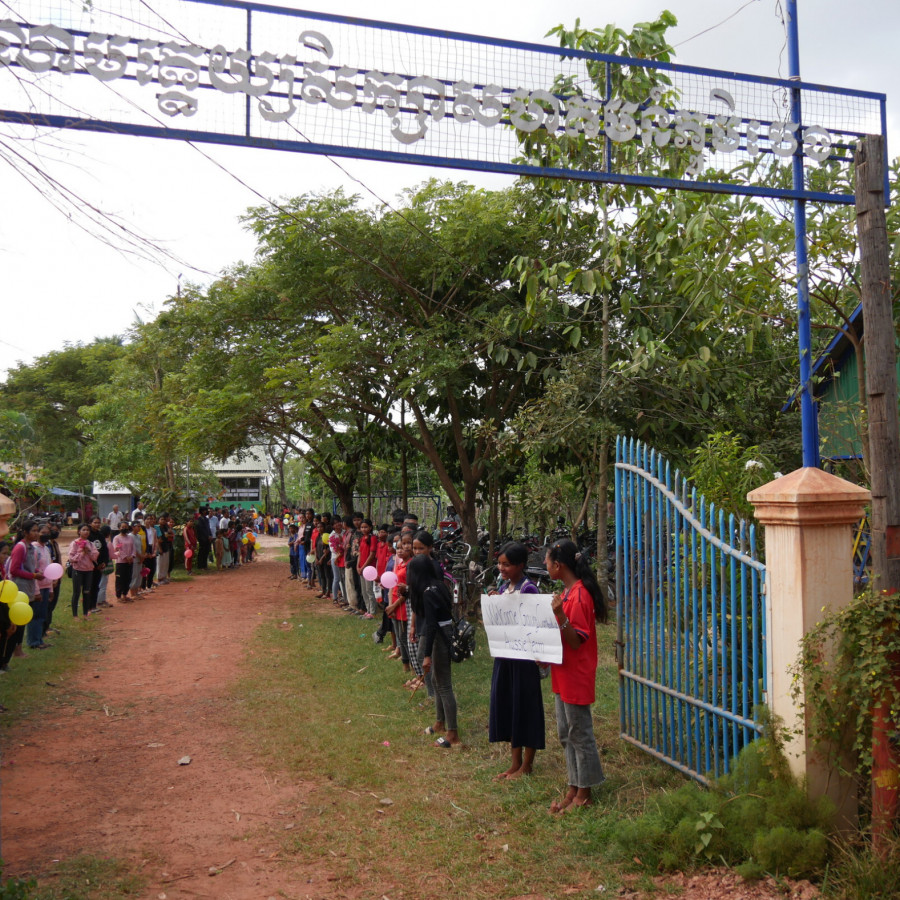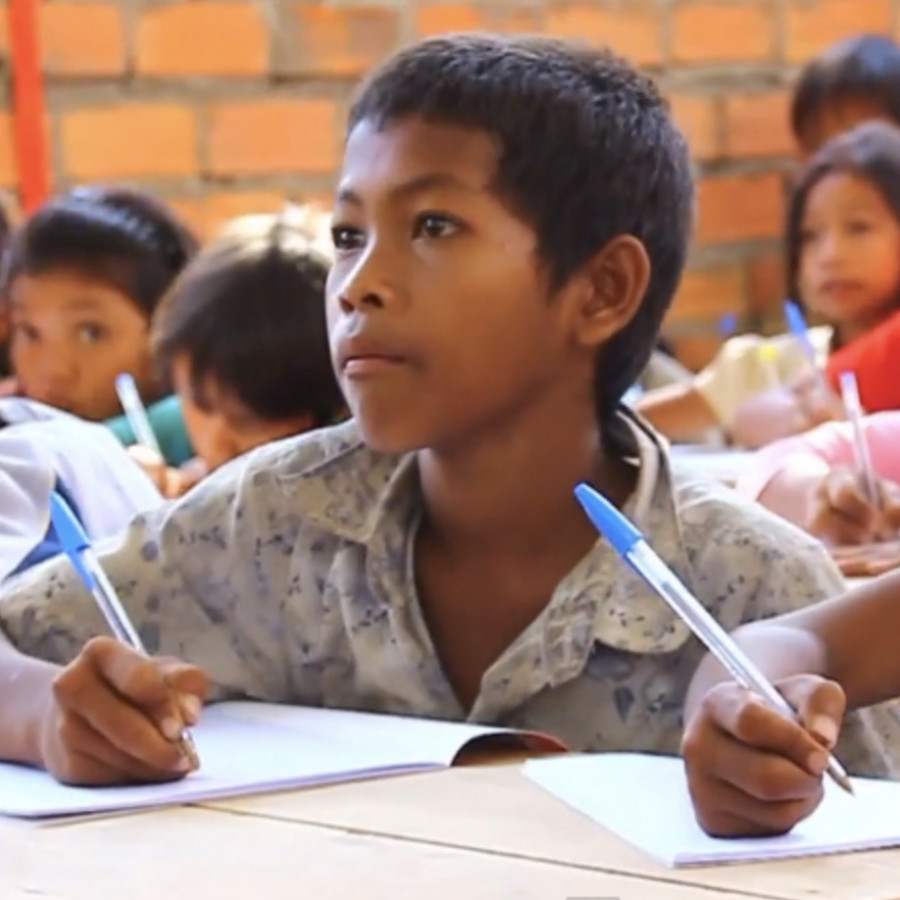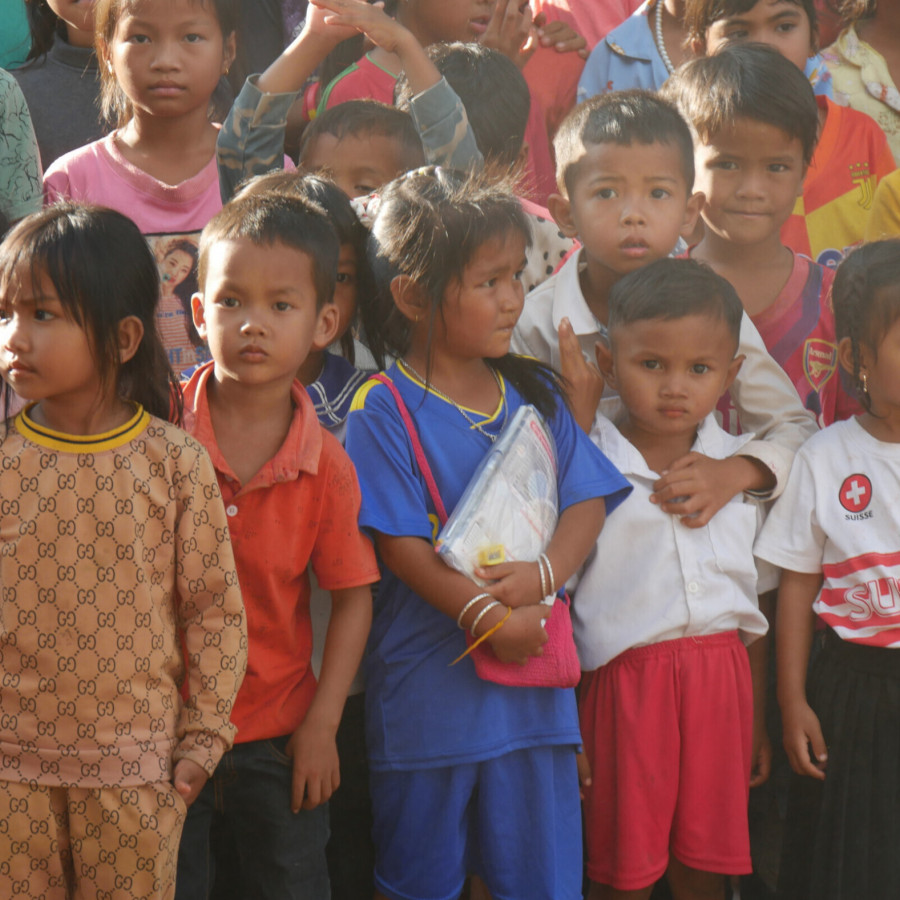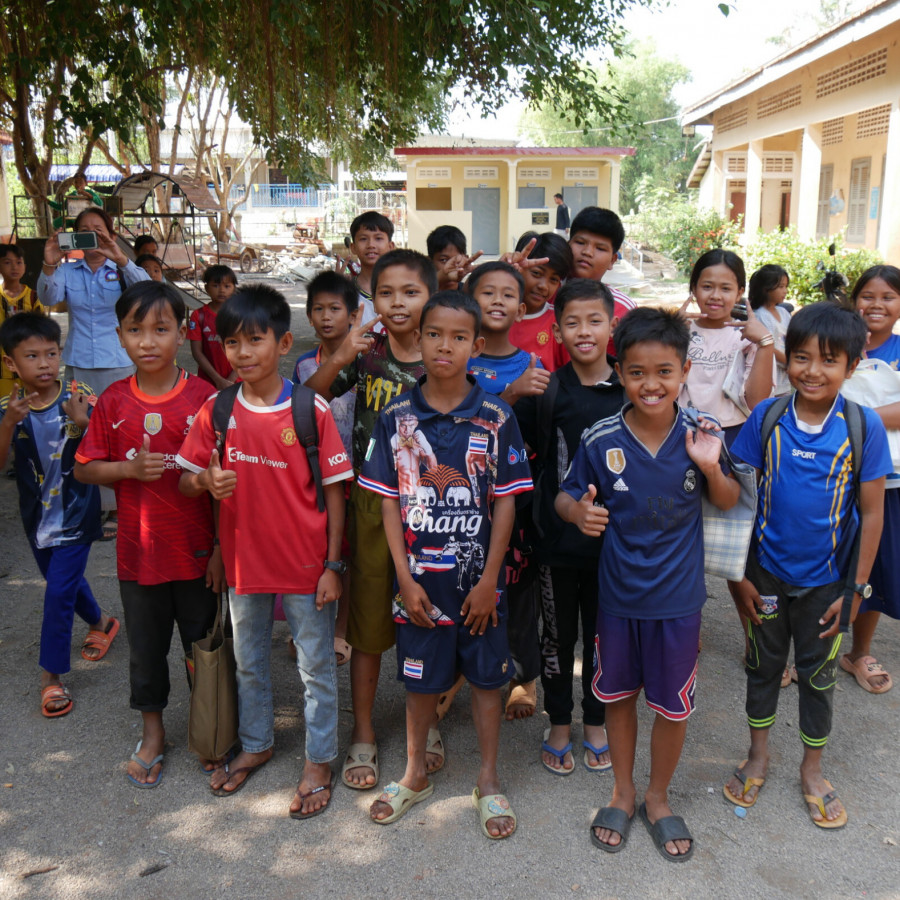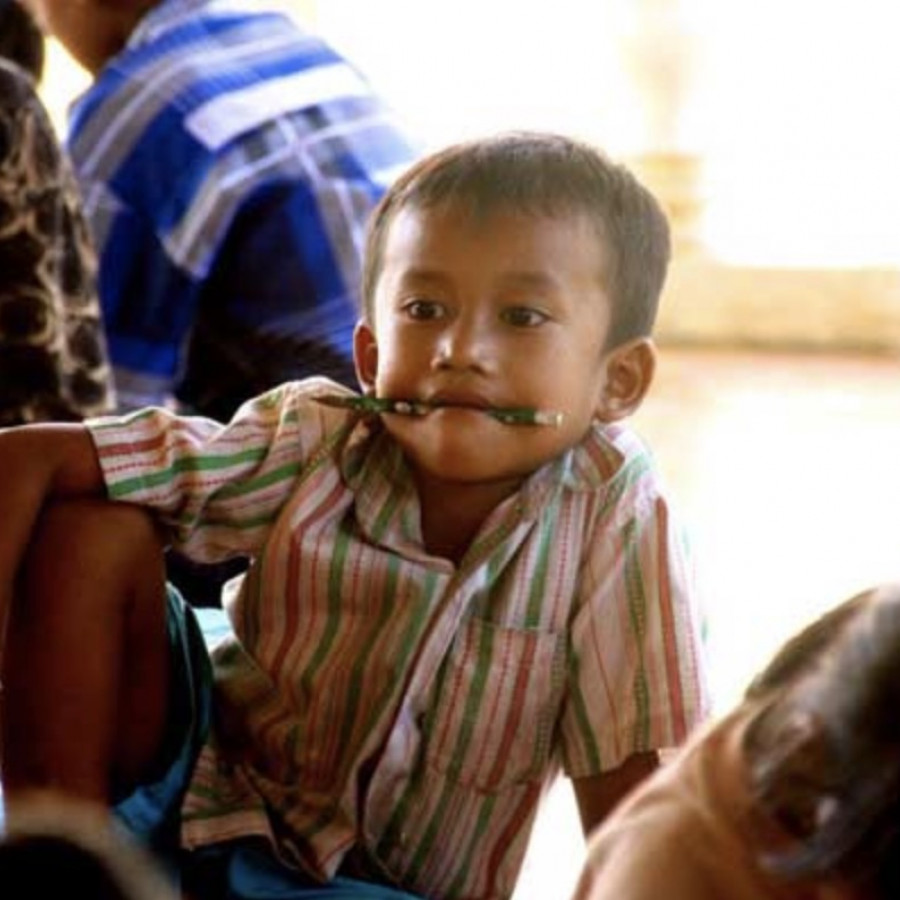About Us
Growing Cambodia - How We Began
In July 2012 two family members set off overseas to volunteer and teach English. Jasmine Davie headed to Cambodia while her father Stephen travelled to Hanoi, Vietnam. A phone call from Jasmine encouraging her father to visit Cambodia before heading home set in motion a series of life changing events that ultimately lead to Growing Cambodia being established. The tuk tuk driver, Sovann, who met Stephen on his arrival in Siem Reap also taught English to young students in his commune. The room was no bigger than 2 metres by 2 metres and had no furniture apart from a whiteboard and two charts of the alphabet. Sovann used part of his small earnings each week to pay for the classroom. Sovann had lost both his parents when he was very young and was raised in a monastery where he learnt English and Japanese. He understood that the current generation of children needed an opportunity to be educated even if they could not afford to attend a government school.
After leaving a small donation for Sovann’s “school” we were surprised to receive some photos a few weeks later of Sovann teaching around 80 students in a temple in the village of Kok Beng – the donation had gone a long way in expanding his classes!
The question obviously became what to do next ! The quick and obvious answer was that we wanted to offer the same opportunity to more rural Cambodian children. While Stephen had an amazing time in Vietnam that he will never forget – with the students and fellow volunteers being such wonderful people – it was felt that Vietnam was a long way ahead of Cambodia with its education system.
With the help of the Phillip Island community in Australia funds were raised to construct a school building at Oroluos Village, also near Siem Reap. In November 2012 Stephen and his 3 daughters, his brother Richard (a builder) and his family and another family friend headed back to Cambodia to help with the building and English teaching. The building was completed on 11 December and opened the very next day. Word had spread very quickly – over three hundred children turned up over the next two days to enrol ! The classroom only seated 45 !
Everyone found it a very humbling experience to bring so much joy to these children and knowing then and there that it was the right decision to help more rural Cambodian children. The operations were being left in good hands with Sovann and his friend Sopheak, the manager of the new school.
And then...
Soon after a Cambodian Non Government Organisation (NGO) – Growing Cambodia Organization – was established. It currently holds an official licence to operate three schools at Kok Beng, Oroluos and Beng villages. Beng school opened on 6 June 2016.
The persons in charge of this NGO are locals Sopheak Phay - our Education Manager, Vattey Ouch - our Finance Manager and Sovann Kay.
Growing Cambodia Inc, a registered Australian Charity, was established in 2013 to fundraise and promote volunteer participation at the rural Cambodian schools.
On 19 September 2014 Growing Cambodia was notified by the Australian Taxation Office that it had been granted Deductible Gift Recipient status.In short this meant that from 19 September 2014 donations made in Australia to us could be claimed by the donor as a taxation deduction.
Over the years our model has expanded to include scholarships for students to attend government schools at each of the four villages if their families are unable to provide the mandatory uniforms to attend. This program has become very successful with Growing Cambodia providing over 50 scholarships to students in 2023-2024.
Students leaving our schools are also offered University sponsorships – 11 students are now being supported at various Universities in Cambodia with this number likely to grow to 16 in 2024 due to the success of our Tertiary Patrons initiative.
Our ultimate goal is for the villages to become self sufficient with an improved quality of life for the whole of the community. This involves not only education, training and the development of skills that provide opportunities for higher incomes but also includes better health care, clean drinking water and a sustainable environment for the villages.
With more funding we believe we can use our successful model to provide further opportunities in other rural villages in Cambodia.
